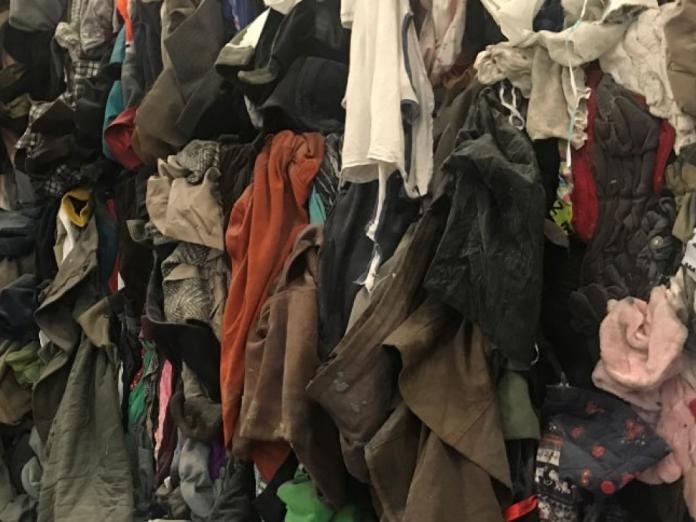"ReYarn" partners will promote circularity of post-consumer textiles

The partnership, named ReYarn, is an initiative that brings together strong expertise in textile sorting, local reuse, mechanical recycling, textile sourcing and public procurement. The goal is to capture maximum value out of post-consumer textiles and give them a new life as products or materials.
The City of Copenhagen is now in search for new solutions for collecting and handling used textiles from households.
From 2025 all EU member countries must implement separate collection of textile waste. In Denmark this requirement will be implemented already from 2022 and therefore the City of Copenhagen is now in search for new solutions for collecting and handling used textiles from households. This partnership will partially lay the grounds for the implementation of the national collection requirement by pushing demand for recycled materials and products based on post-consumer textile waste by e.g. including circularity in public and private procurement requirements.
“With the ReYarn partnership we wish to help develop and demonstrate a circular model for textiles which is scalable, and which ensures that we can live up to our municipal obligation of handling textiles that are collected from households according to the waste hierarchy. This project will help us prepare the implementation of the 2022 collection requirement by identifying new outlets and recycling options.” informs Merete Kristoffersen, Head of Division, City of Copenhagen.
The partners
The ReYarn consortium consists of field experts and industry practitioners with solid experience and dedication to circular textile economy in Denmark and EU. The project is developed and coordinated by Revaluate which holds strong expertise in circular textile eco-system innovation. Sorting of collected textiles will be done by Trasborg, a third-generation family-owned Danish used textile handling company.
“With the up-coming collection requirement there will be new obligations for us as collectors and sorters. In order to prepare for the future, we need to learn how to collaborate with new partners, test new practices and gain new insights into the value chain. With the ReYarn project we get the opportunity to do so in a partnership based on mutual confidence” says Steen Trasborg, CEO in Trasborg Denmark.
To guarantee the local reuse of the collected clothes, Salvation Army DK will bring along reuse expertise and practices.
“Via our resell, repair and remake activities we strive to ensure maximum reuse of the textiles we receive as donations. With the ReYarn project we get the opportunity to test how much of the municipally collected textiles we can keep in local loops and also how we can engage even more with citizens in order to bring them on board the circular journey.” says Jette Skov, Head of section at Salvation Army Redesign CPH.
The textiles that have no local reuse value will be passed to the Dutch 4th generation company Wolkat, who is an industry leader in mechanical recycling to process the textiles into new materials and products.
“A systematic approach to create a circular system for the textile industry is the only way forward. By participating in the ReYarn project Copenhagen city is setting an example and with that taking their responsibility in the value chain. We are looking forward to collaborating and collectively creating the most value possible for the discarded textile of the city” says Kimberley van der Wal, Director of Business Development at Wolkat
Finally, the recycled materials will be procured back by the City of Copenhagen with the help of Bacher Work Wear, a leading workwear supplier in DK.
"We expect that ReYarn will provide us with new insights into how to stimulate the market and the use of post-consumer fibers in new textile raw materials and products through public and private procurement.At the same time, we hope to be able to use the good experiences from the partnership to develop new circular procurement requirements so that our procurement of textiles can become more circular in the future" says David Salomonsen, Head of division, CSR and procurement law, City of Copenhagen.
The ReYarn project will run from June 2021 to May 2022.